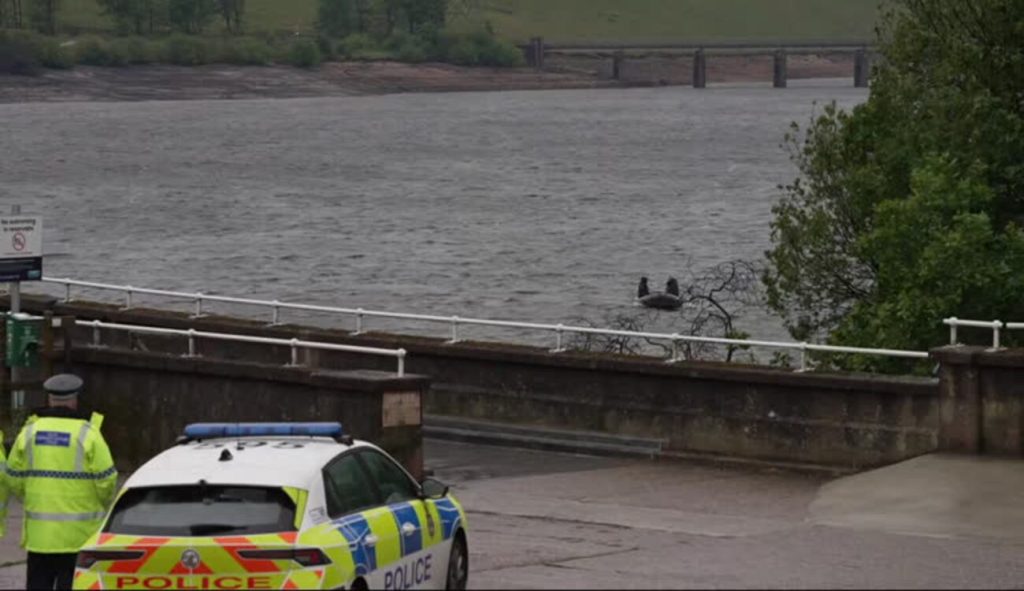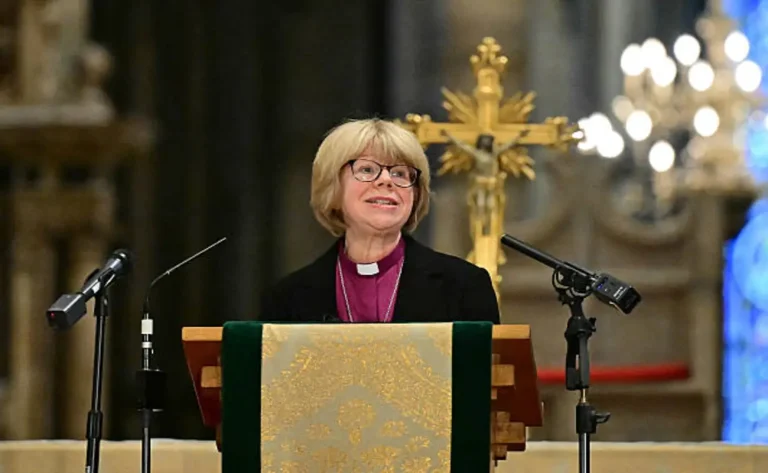
Bridge at Baitings Reservoir used during walk where the 13-year-old girl stepped into water. Getty Images
West Yorkshire, Oct 16 (Epicstorian News) — A coroner has concluded that a 13-year-old girl took her own life after persuading her father to take her to a reservoir in West Yorkshire.
The inquest, held at Bradford Coroner’s Court, was told that the girl, identified as Qudsiyah Mahmood, asked her father to visit Baitings Reservoir on May 28.
West Yorkshire Police Detective Inspector Laura Hall told the court that Qudsiyah had requested the outing under the pretext of taking photos on a bridge, a suggestion she had seen on social media.
DI Hall said the father warned they could not stay long because of his ill health, but Qudsiyah persuaded him with the promise she would do well in her exams.
Inquest Presents Snapchat Evidence And Messages
The court heard that Qudsiyah had sent messages to friends via Snapchat in which she indicated she was experiencing low mood, self-harm, and confusion about her gender identity and faith.
Those messages were submitted to the investigators and formed part of the deliberation that led the coroner to rule the death intentional.
An assistant coroner, Caroline Chandler, said that a witness, a jogger, described seeing the teen step off a parapet into the water “without hesitation.”
Coroner’s Suicide Ruling At Reservoir
Chandler ruled that on the balance of probabilities, the girl had deliberated and intended to end her life, satisfying formal criteria for a suicide verdict.
The coroner noted that Qudsiyah’s family frequently visited Baitings Reservoir, making the location known to her and her father.
Chandler recounted that the father and daughter walked across the bridge, she stepped behind him, and when he turned around he found her entering the water.
The coroner said there was no evidence of accident or third-party involvement and that the messaging and behavioral indicators supported a deliberate act.
School, Family Reaction And Safeguarding Review
The headteacher of her school, Crossley Heath in Halifax, described Qudsiyah as bright, kind and friendly, and said she brought happiness to the school community.
No clear safeguarding failures were identified by the inquest, though the court heard that neither the family nor school had known of the depth of her internal struggles.
The police and coroner asked for further review of mental health resources and interventions for young people, especially during identity and emotional crises.
The case has drawn attention to how social media, identity questions, and hidden distress may combine in ways that elude parental awareness.
Context And Wider Implications
The ruling adds to growing concern in the UK and internationally over adolescent mental health and suicide risk.
Public health analysts note that the UK has among the higher youth suicide rates in Western Europe, with mental health service access a continuing challenge.
Experts argue that early detection, school support, and accessible services may help prevent such tragedies.
Related: Former Imam Qari Sher Mohammad Jailed for Child Sexual Abuse in UK Mosque
The coroner urged authorities to examine whether systems can better detect distress signals from young people who may hide their internal turmoil.
The ruling does not assign blame but highlights gaps between private suffering and public awareness.


